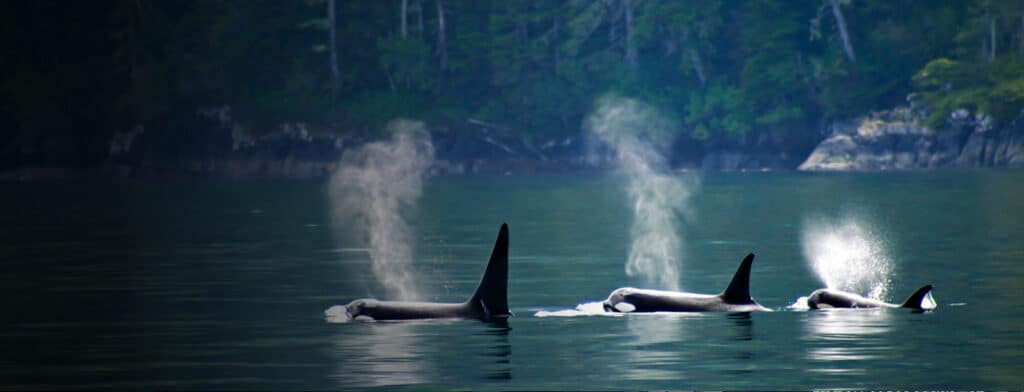
Media
Search
Categories
Issues
Projects
-
California should reduce emissions, not pretend to offset them with tropical forests, says broad coalition
To use dubious forest offsets to mitigate growing emissions by the earth’s elite, as CARB is proposing, is putting out fires with gasoline — it’s as far from real climate action as it gets.
-
Indigenous forest guardians and environmental justice “sky protectors” rally in Sacramento to denounce tropical forest offsets
On Friday, Nov. 16, environmental justice groups, indigenous people’s organizations, scholars and international forest protectors will hold a press conference and rally at the California Air Resourc…
-
Groups Take Legal Action to Ban Duke Energy Influence Spending
The petition calls for the NC Utilities Commission to prohibit the use of customers’ money for influence spending by Duke’s two Carolinas-based utilities and the parent corporation.
-
245 farming, farmworker, public health, labor, food safety, and environmental organizations urge Senate to reject Hutchins for USDA science chief
245 organizations representing farming, farmworker, public health, labor, food safety and environmental interests sent a letter to the U.S. Senate today urging them to oppose the nomination of Scott H…
-
New Report Reveals How Governments Could Support up to 15 New Coal Plants Despite International Restrictions
From 2013 to 2015, the world’s largest ECAs provided an annual average of USD 38 billion in support of fossil fuels. Eighty-eight percent of ECA support for energy projects went toward fossil fuels…
-
Japan Supports Millions of Tons of Carbon Pollution
Friends of the Earth U.S. today revealed that the Japanese government’s two export credit agencies — Japan Bank for International Cooperation (JBIC) and Nippon Export and Investment Insurance (NEX…
-
NOAA’s industrial fish farming plan threatens oceans and fishing communities
Friends of the Earth today delivered more than 38,500 comments opposing a National Oceanic and Atmospheric Administration plan to increase aquaculture production.
-
In Blow to Pipeline Project, Court Invalidates Trump Administration’s Keystone XL Environmental Review, Blocks Construction
A federal judge ruled today that the Trump administration violated bedrock U.S. environmental laws when approving a federal permit for TransCanada’s proposed Keystone XL tar sands pipeline project.
-
Four ways for Democrats to root out Republican corruption
Democrats in the House must hold administration officials accountable for their unethical and illegal actions. They should start with the Department of Interior and its Secretary Ryan Zinke, who is fa…
-
African Development Bank support for clean energy access falls short of goals, analysis finds, as civil society calls on the bank to do more
As the African Development Bank (AfDB) kicks off its first-ever Africa Investment Forum in South Africa, a new analysis released today finds that the AfDB’s own support for the most cost-effective e…